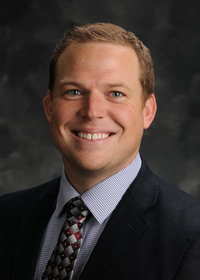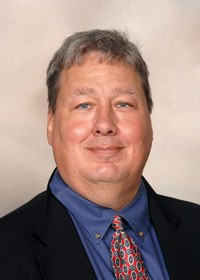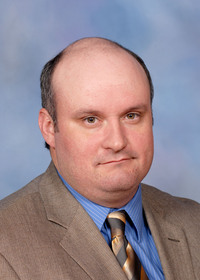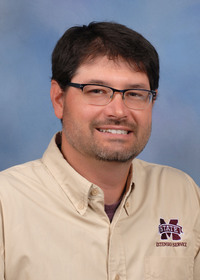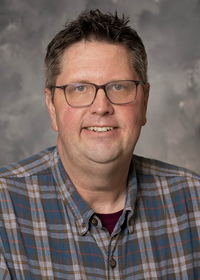Information Possibly Outdated
The information presented on this page was originally released on March 20, 2015. It may not be outdated, but please search our site for more current information. If you plan to quote or reference this information in a publication, please check with the Extension specialist or author before proceeding.
Coastal ag producers, MSU experts exchange ideas
BILOXI, Miss. -- Mississippi State University experts met with agricultural producers and industry professionals recently to exchange ideas about educational programming and research for 2015.
About 100 participants attended the annual Coastal Research and Extension Center Commodity Advisory Council meeting to discuss priorities with MSU Extension Service and Mississippi Agricultural and Forestry Experiment Station specialists, researchers and agents.
“We welcome your comments and suggestions,” said Patricia Knight, center head. “Our purpose is to support you through our research and education. Your input is important to us in this process.”
Eleven commodity groups were represented at the advisory council meeting: commercial ornamental horticulture, fruits, livestock, forestry, home horticulture, vegetables, beekeeping, cotton and corn, seafood and aquaculture, horse and small ruminants, and soybeans and peanuts.
Commercial ornamental horticulture producers asked for education on rose rosette disease and chili thrips, which have become prevalent. They also noted the need to successfully market to Millennials through electronic means and to educate younger generations about the value of plants and gardening.
Fruit growers discussed the need for different ways to market and sell their crops, including drop stations, co-ops and community supported agriculture.
Livestock producers said they wanted more research on cattle worming schedules and information on new antibiotic guidelines.
The agronomic crops group discussed the continued need for the variety-testing program.
The seafood and aquaculture group requested a system to help notify them of potential funding opportunities.
The forestry group said they want more educational programming on control of wild hogs, beavers and invasive species.
Vegetable growers interested in the Farm to School Program said they want information about grant opportunities to help them become certified to sell to schools. They expressed an interest in meeting with schools to discuss what local farmers can provide.
The horse and small ruminant group asked for field days on small ruminant topics, including nutrition, marketing and grazing techniques.
Home horticulturists discussed ways to get MSU’s research-based information on gardening, including Master Gardening groups, social media and Extension county agents.
The beekeeping group discussed the need for suitable plants for bees and the continued control of varroa mites. The group also noted the need for a written publication that could help utility companies, farmers, landowners and others understand how to use pesticides in a way that is less harmful to bees. Programs on bees for children are being organized and used by MSU Extension 4-H members and others.
Established in 1988, the Coastal Research and Extension Center is located in Biloxi and oversees Extension programs in the 21 southeastern counties of Mississippi, on the reservation of the Mississippi Band of Choctaw Indians, and at the Crosby Arboretum in Picayune. The center also maintains experiment stations in Harrison, Jackson, Perry and Pearl River counties under the direction of the Mississippi Agricultural and Forestry Experiment Station.



